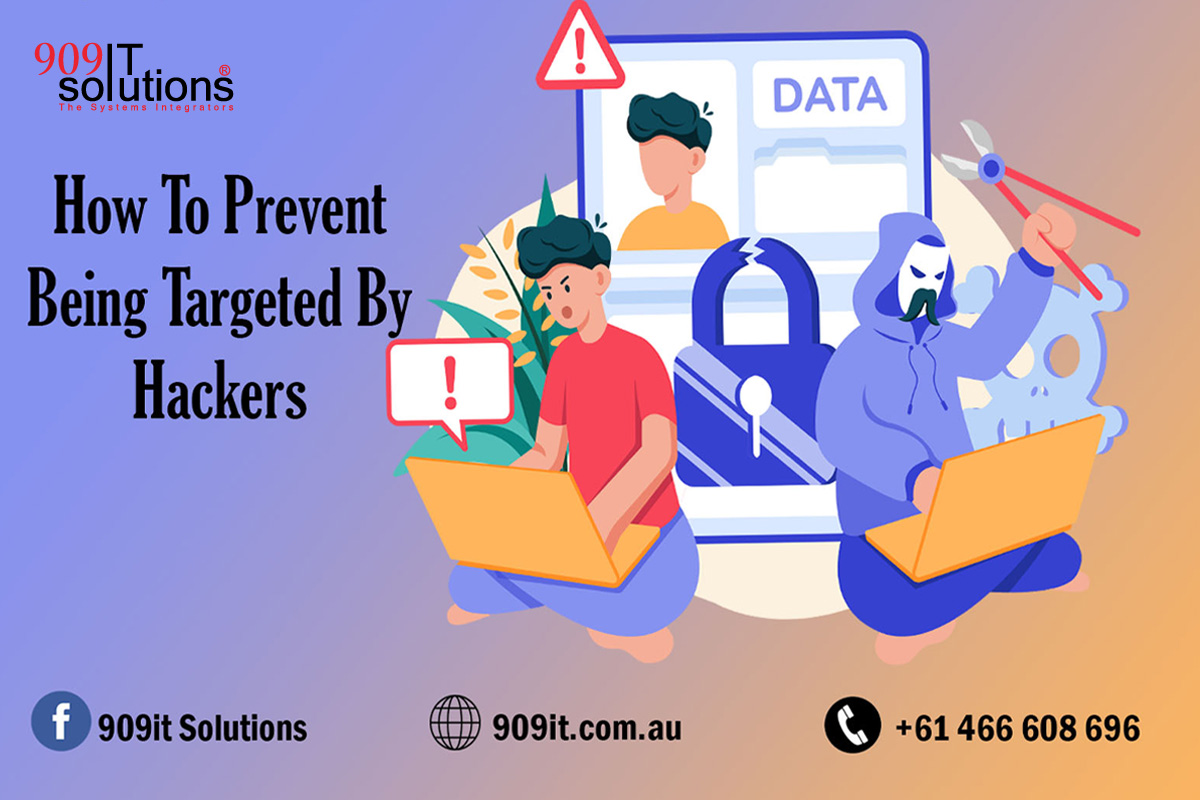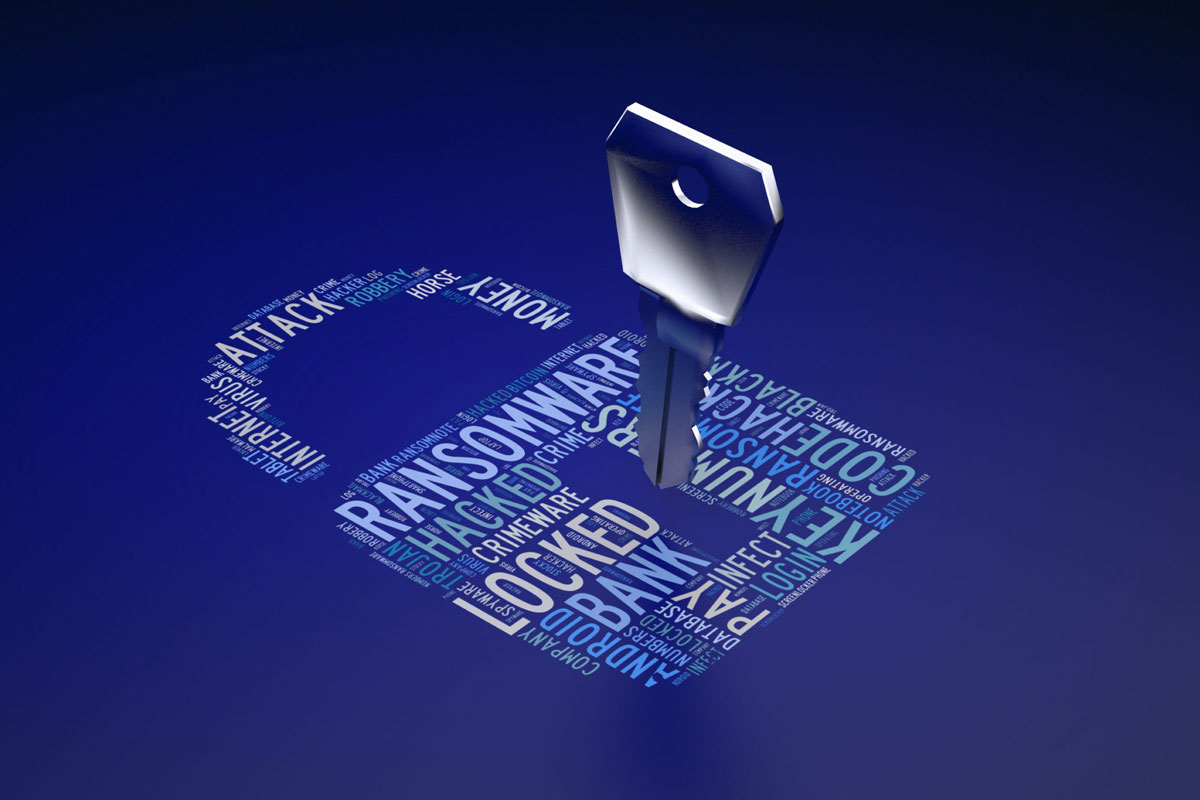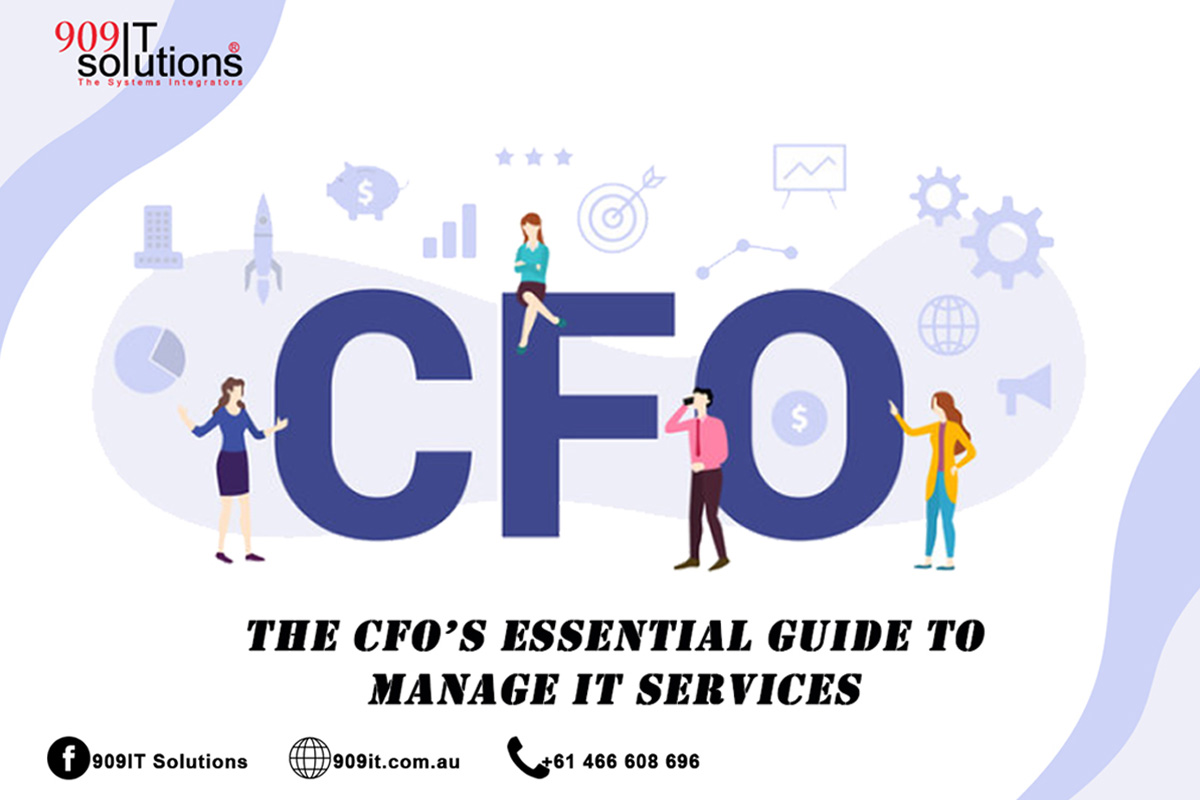What is Hacking?
Hackers use weaknesses they identify in computer networks or systems to obtain private information. Everything from identity fraud to business espionage can be done with this info. Hacks can also be used to spread viruses or commandeer a business’s systems to carry out operations like sending money to unapproved parties or performing bank transactions.
Here is all the essential information you need to be aware of in order to defend your company from cyberattacks and minimize a breach.
How to prevent being hacked?
Malicious scripts, malware, and other nefarious intrusions that are typically well-hidden and intended to deceive the normal person are used by hackers to get access to your systems. Malware is the most common attack vector, as we mentioned in our first post, and it is frequently disseminated through emails that appear to be legitimate.
You can protect your business from hackers right now. The likelihood that your business will be attacked at any time increases the longer you wait to enlist the assistance of a managed services provider so, here are some quick strategies to assist safeguard your company against hackers:-
Use Appropriate Security Programs
The simplest way to start securing your business is by using up-to-date software. The constant update can sometimes seem like a hassle but you shouldn’t skip them. The security of the system against the newest malware is always being improved by software engineers as they make code adjustments. You should also get in the habit of backing up your systems. At least once every week, businesses should back up all of their data and systems. It is best to back up daily the more data changes you make every day.
Additionally, a backup shouldn’t just happen in one area. You should make sure your company has both on-site and off-site backup. After you’ve taken care of the essentials, you should begin implementing additional security measures for your company. Although your company may require a variety of security products, the following are necessities:
- Secure Sockets Layer (SSL)
- Web Application Firewall
- Website and software scanner
- Make Sure Your Network Is Under Lock And Key
Your Wi-Fi network is essentially a big “come hack us” sign to hackers if it is left unprotected. Hackers use a quite effective technique which is called war driving. War driving is when these hackers equip their vehicles with powerful antennas and cruise the streets looking for networks that are unsecured or have weak security. All of your information, passwords, and money are fair game when these hackers locate a weak target, and you’re left wondering what occurred. Of course, completely eliminating Wi-Fi and depending solely on wired networks is the best defence against a breach like this. Wired networks are undoubtedly more secure, but they are not nearly as adaptable.
It’s critical to turn off the wireless router’s SSID broadcasting feature if your business requires the use of a wireless network, which the majority of businesses require today. By doing this, your network is concealed from casual Wi-Fi snoops. But if customers are using Wi-Fi, you might not be able to accomplish this.
Additionally, it’s crucial to update your Wi-Fi to the most recent encryption standard. WPA2, the current standard, provides a longer encryption key that is more difficult to crack. Passwords that make sense should be avoided. Make up some illogical characters, numbers, and punctuation for your password. Just remember to keep your password safe.
Anti-Malware and Anti-Virus Programs are a Must
A competent antivirus and anti-malware product is a need if you want to safeguard your company against cyberattacks. Programs like Intercept-X from Sophos can defend your business from harmful ransomware attacks. The majority of malware is installed via network security breaches, yet staying vigilant against cybercrime requires both foreseeing and thwarting potential attacks in the future. Phishing emails, spoofing, and programs that access social media accounts are all becoming more prevalent. Installing and running anti-malware and antivirus protection on your computers and mobile devices after each program installation will help prevent these risks from entering your system.
Additionally, keeping software and hardware up to date prevents harmful worms that thrive in outdated hardware and software, such as by switching to newer routers and computers and swiftly installing browser updates.
Educate Your Employees
The main reason for cybersecurity breaches, including ransomware, is employee irresponsibility. They have the ability to access attachments, rogue websites, and other hosts that could allow hackers to steal data from your company.
To safeguard your company from hackers, make sure cyber security is a top priority and not an afterthought. Consider cyber security if you are putting into practice a novel strategy or introducing a new operational component to your company. Create a sound risk management strategy. You must identify the company’s most priceless assets and devise a strategy to safeguard them. The goal is to prevent your data from ever being lost, stolen, or damaged, but you should have a plan in place just in case.
Whether or not your company has a dedicated IT department, everyone in your organization has to be knowledgeable about cyber security and the best practices related to it. Employees must be informed of how malware and viruses spread and move about, as well as what to do if they notice a breach or a problem.
Last but not least, keep educating your staff. You should also educate your clients about appropriate and secure online conduct as an effective method to defend your company from hackers. Give customers an explanation of your information-sharing policies, for instance. Regular cyber security workshops might be a good approach to keep staff members current. If you run a small business, you may organize these events at a lower cost by teaming up with other nearby SMEs. Additionally, offering cyber security training to your clients might be a brilliant branding strategy.
Make Sure Your Data Is Secure And Encrypted
Hackers are primarily concerned with two things: causing mayhem and stealing money. Credit card numbers, employee social security numbers, and other information are all gold mines for hackers if your data is unprotected.
You want your data to be encrypted if it isn’t already being sent over the internet. Consider enabling the full-disk encryption capabilities that are typically included with OS systems; on PCs, these tools are known as BitLocker, while on Macs, they are known as FileVault.
The function can be turned on in only a few minutes, and once it is, there will be no visible speed slowdown as it encrypts every program and file on the device. The encryption, however, is only effective when users are logged in to the computer, so there is a catch. That implies that while the system is active, hackers can still launch an assault using malware and viruses. Enforcing this policy is made easier by setting computers to automatically log out after 15 minutes of inactivity. What may possibly happen if you don’t adhere to these guidelines? You don’t encrypt your disks, but a malicious hacker does and demands a ransom for all of the data belonging to your firm.
There’s a lot to manage when it comes to cybersecurity. Look to https://www.909it.com.au/ for assistance with your company’s cybersecurity strategy, tech stack, training solutions, or a thorough cybersecurity analysis. While ensuring that your systems are up to date and capable of fending off the most recent threats, we can lower your cybersecurity risk. Ask us for additional details!



